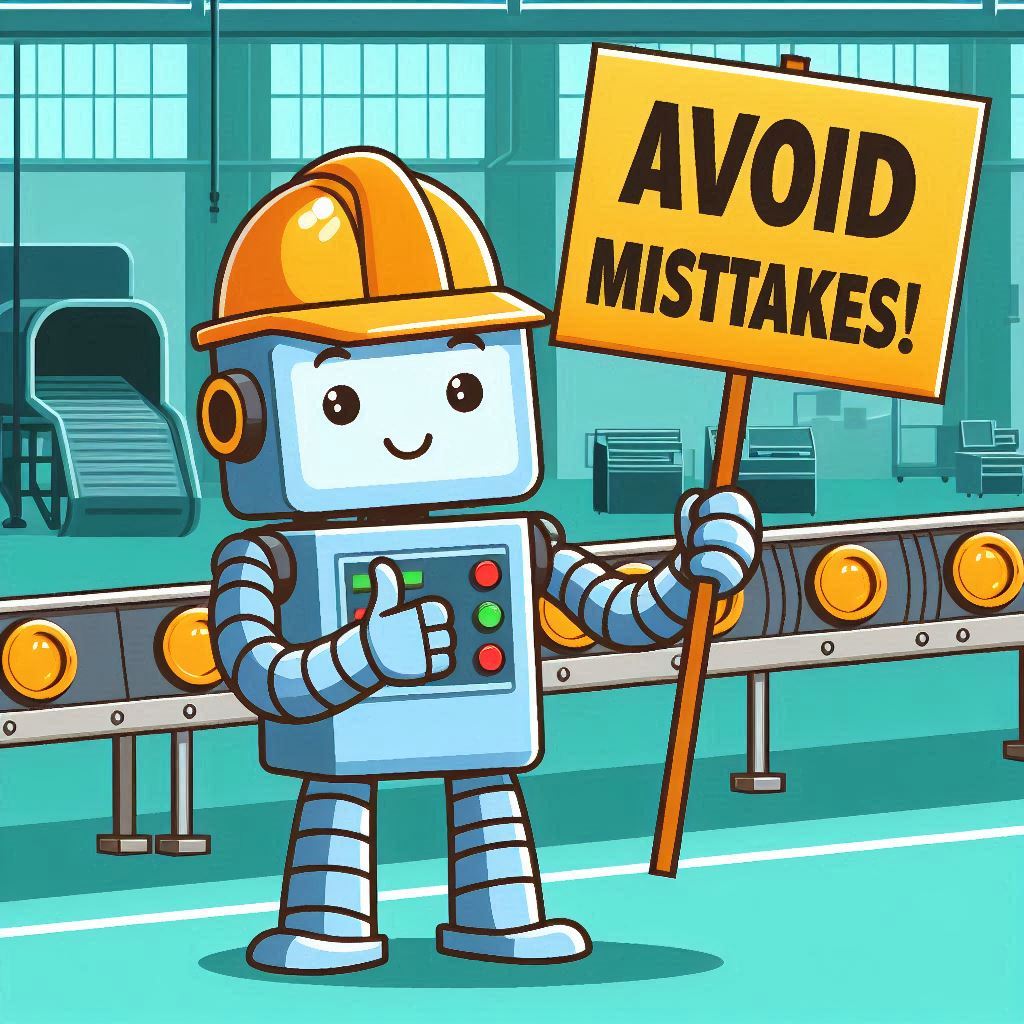Upgrading your Zen Cart eCommerce platform is essential to keeping your store secure, fast, and functional. However, while many store owners know that upgrading is important, the process itself can be daunting. One small misstep during an upgrade can lead to downtime, broken features, or worse—data loss.
In this post, we’ll cover the top 5 mistakes to avoid during a Zen Cart upgrade, ensuring your store remains intact and fully operational throughout the process.
1. Skipping the Backup Process
One of the most critical steps in any website upgrade is creating a full backup of your store. Failing to back up both your files and database can result in irreversible data loss if anything goes wrong during the upgrade. Imagine losing all your customer data, product listings, and order history—this could seriously damage your business.
How to Avoid This Mistake:
- Use automated backup tools or perform manual backups via your hosting control panel.
- Ensure that you back up both your files (themes, plugins, customizations) and your database (customer data, orders, products).
- Store your backups in a secure location, such as cloud storage or an external drive.
2. Not Using a Staging Environment
Upgrading directly on your live site is risky and can lead to significant disruptions. Any unforeseen errors during the upgrade could bring your store offline, which means lost sales and frustrated customers. A staging environment allows you to test the upgrade before applying it to your live site, ensuring everything works as expected.
How to Avoid This Mistake:
- Set up a staging environment where you can safely test the upgrade. Many web hosts offer one-click staging options for eCommerce stores.
- Test the upgrade in your staging environment thoroughly. Check all functionality, including payment gateways, plugins, and custom features, before going live.
- Only apply the upgrade to your live site after ensuring everything is working perfectly on staging.
3. Ignoring Third-Party Plugins and Extensions
Zen Cart upgrades often focus on the core platform, but your store likely relies on various third-party plugins or custom extensions for additional features. Ignoring the compatibility of these plugins during an upgrade can lead to broken features or conflicts.
How to Avoid This Mistake:
- Before upgrading, review all third-party plugins and extensions to ensure they are compatible with the new Zen Cart version.
- Update your plugins/extensions to their latest versions before or after upgrading Zen Cart.
- If you have custom plugins or modifications, test them thoroughly in your staging environment to confirm they work after the upgrade.
4. Neglecting Theme Compatibility
Many Zen Cart store owners use custom themes or heavily modified themes for their eCommerce websites. Upgrading Zen Cart without checking theme compatibility can lead to a broken layout, missing elements, or non-functioning features on the front end.
How to Avoid This Mistake:
- Ensure that your theme is compatible with the new Zen Cart version before starting the upgrade process.
- If you’re using a third-party theme, check with the theme developer for updates or patches to ensure compatibility.
- If your theme is custom, be prepared to make modifications to maintain compatibility with the upgraded version.
5. Not Reviewing System Requirements
With each new version of Zen Cart, there may be updated system requirements for the server or hosting environment. Failing to ensure that your hosting environment meets these requirements can lead to failed upgrades or performance issues.
How to Avoid This Mistake:
- Before upgrading, review the official Zen Cart documentation for the new version’s system requirements.
- Ensure that your hosting provider supports the required PHP, MySQL, and server configurations.
- If needed, upgrade your hosting plan or make adjustments to your server environment to meet the new requirements.
Conclusion: Plan Your Zen Cart Upgrade with Care
While upgrading Zen Cart can significantly improve your store’s performance, security, and user experience, it’s essential to approach the process with caution. By avoiding these common mistakes—skipping backups, neglecting a staging environment, ignoring plugins and themes, and overlooking system requirements—you can ensure a smooth and successful upgrade.
Taking the time to plan your upgrade carefully will protect your store’s data, ensure a seamless user experience, and keep your business running smoothly. If you need professional assistance with your Zen Cart upgrade, Zencart Upgrade Team is here to help with expert support every step of the way.


